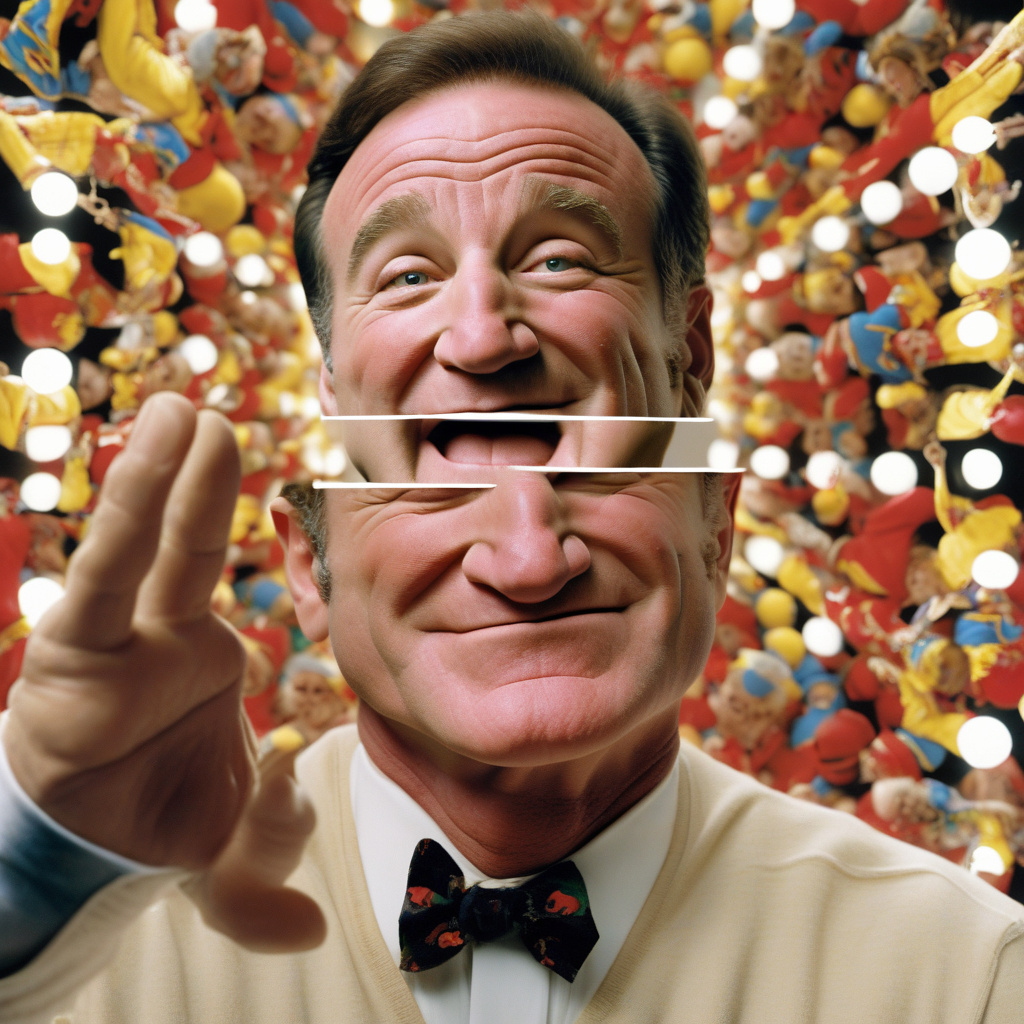AI Recreations of Robin Williams Spark Outrage
The late Robin Williams was a beloved actor and comedian whose legacy continues to live on through his timeless performances. However, recent developments in artificial intelligence technology have sparked controversy and outrage among fans and family members alike. In particular, Williams’ daughter Zelda Williams has spoken out against the use of AI to recreate her father’s likeness, calling it “disturbing” and “disrespectful.”
AI technology has advanced rapidly in recent years, allowing for the creation of eerily lifelike digital recreations of deceased individuals. While some may see this as a way to preserve the memory of beloved celebrities and bring them back to the screen, others, like Zelda Williams, view it as a violation of their loved one’s legacy.
The ethical implications of using AI to recreate deceased individuals are complex and multifaceted. On one hand, it can be argued that these digital recreations allow fans to continue to enjoy the work of their favorite actors long after they have passed away. It also raises questions about who owns the rights to an individual’s likeness after they are gone.
However, on the other hand, the use of AI to recreate deceased individuals raises concerns about consent, privacy, and the potential for exploitation. In the case of Robin Williams, who tragically took his own life in 2014, his daughter’s objections highlight the emotional toll that seeing a digital recreation of a deceased loved one can take on their family members.
This is not the first time that AI recreations of deceased celebrities have sparked controversy. From hologram concerts to digitally resurrected actors, the use of AI to bring back the dead raises important questions about where to draw the line between honoring someone’s memory and exploiting it for profit.
As technology continues to advance, it is likely that we will see more instances of AI being used to recreate deceased individuals in film, television, and other forms of media. It is essential that we have conversations about the ethics of this practice and consider the feelings of the family members and loved ones of the deceased.
In the case of Robin Williams, Zelda Williams’ words serve as a powerful reminder that behind the laughter and the performances, there was a real person with a family who continues to grieve his loss. As fans, we must be mindful of the impact that our desire to see our favorite stars on screen again can have on those who knew and loved them in real life.
Ultimately, the use of AI to recreate deceased individuals is a complex issue that requires careful consideration and respect for the wishes of the families involved. While technology may offer new ways to experience the work of our favorite actors, we must never forget the human beings behind the performances.
#RobinWilliams #AI #Ethics #DigitalRecreations #ZeldaWilliams
